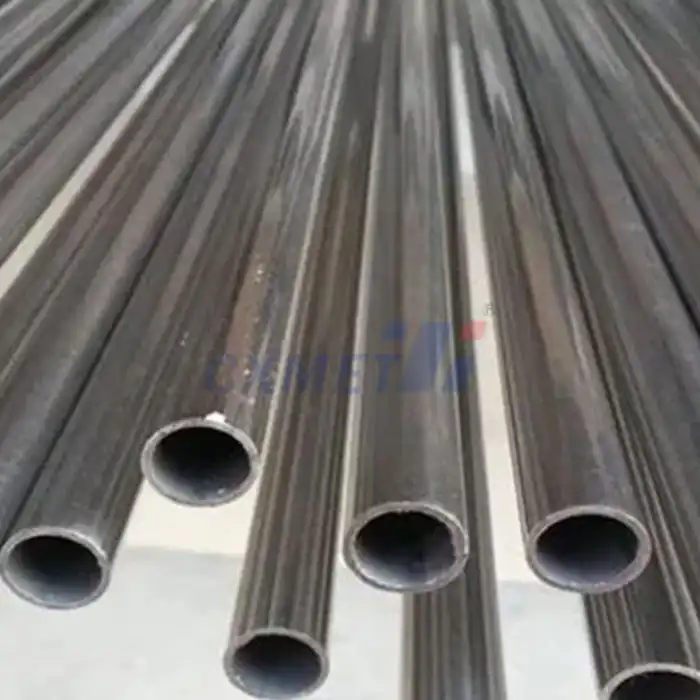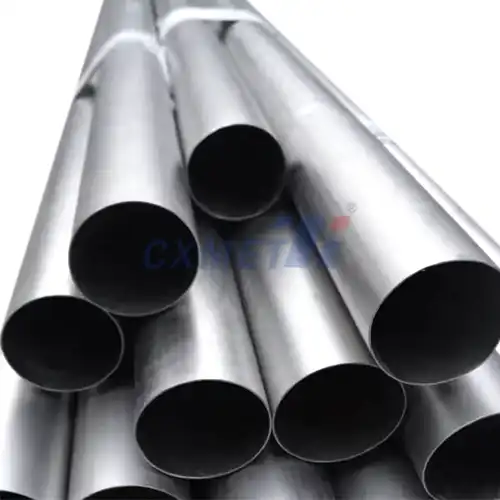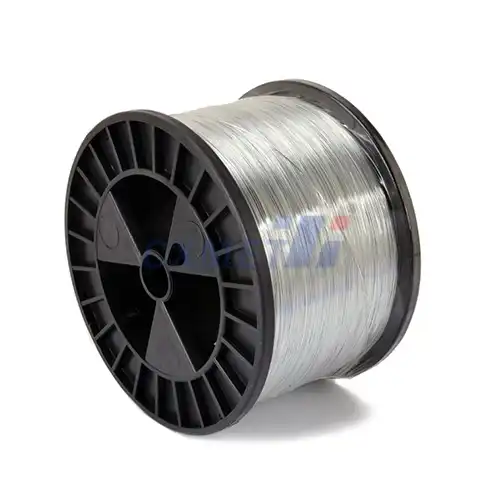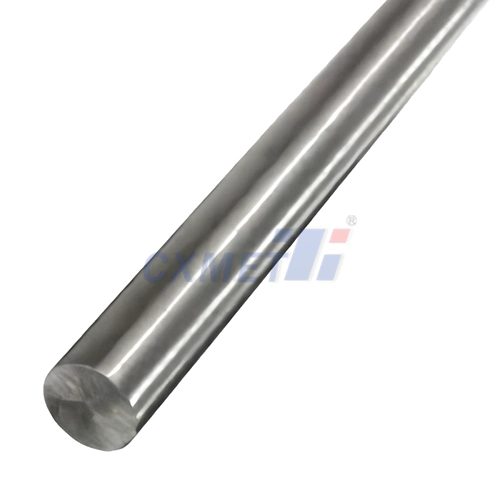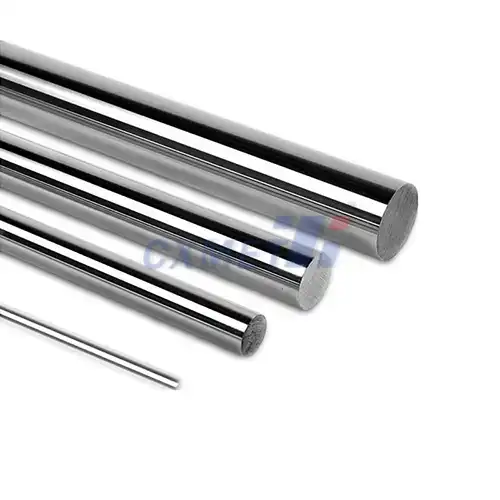- English
- French
- German
- Portuguese
- Spanish
- Russian
- Japanese
- Korean
- Arabic
- Greek
- German
- Turkish
- Italian
- Danish
- Romanian
- Indonesian
- Czech
- Afrikaans
- Swedish
- Polish
- Basque
- Catalan
- Esperanto
- Hindi
- Lao
- Albanian
- Amharic
- Armenian
- Azerbaijani
- Belarusian
- Bengali
- Bosnian
- Bulgarian
- Cebuano
- Chichewa
- Corsican
- Croatian
- Dutch
- Estonian
- Filipino
- Finnish
- Frisian
- Galician
- Georgian
- Gujarati
- Haitian
- Hausa
- Hawaiian
- Hebrew
- Hmong
- Hungarian
- Icelandic
- Igbo
- Javanese
- Kannada
- Kazakh
- Khmer
- Kurdish
- Kyrgyz
- Latin
- Latvian
- Lithuanian
- Luxembou..
- Macedonian
- Malagasy
- Malay
- Malayalam
- Maltese
- Maori
- Marathi
- Mongolian
- Burmese
- Nepali
- Norwegian
- Pashto
- Persian
- Punjabi
- Serbian
- Sesotho
- Sinhala
- Slovak
- Slovenian
- Somali
- Samoan
- Scots Gaelic
- Shona
- Sindhi
- Sundanese
- Swahili
- Tajik
- Tamil
- Telugu
- Thai
- Ukrainian
- Urdu
- Uzbek
- Vietnamese
- Welsh
- Xhosa
- Yiddish
- Yoruba
- Zulu
What are the Applications of Niobium Bars?
2024-08-21 17:30:31
Niobium, a rare and valuable metal, has gained significant attention in recent years due to its exceptional physical and chemical properties. Niobium bars, in particular, have become increasingly important in various industries, from aerospace to energy production. In this comprehensive blog post, we will delve into the diverse applications of these remarkable metal bars, exploring their unique characteristics and the critical roles they play in driving technological advancements.
What are the Unique Properties of Niobium Bars?
Niobium is a transition metal known for its exceptional corrosion resistance, high melting point, and superconducting capabilities. These unique properties make niobium bars an invaluable material in numerous applications. One of the primary advantages of niobium bars is their exceptional resistance to corrosion, even in harsh environments. This durability is particularly important in industries where the metal is exposed to corrosive substances or extreme temperatures, such as the chemical processing and petrochemical sectors.
Furthermore, niobium bars exhibit a remarkably high melting point, surpassing that of many other metals. This characteristic makes them ideal for use in high-temperature applications, such as the production of superalloys and the manufacture of components for jet engines and rocket nozzles. The superconducting properties of niobium also play a crucial role in its applications, particularly in the field of particle accelerators and fusion reactors, where the material is used to construct the superconducting magnets that are essential for these technologies.
In addition to these well-known properties, niobium bars also possess a high strength-to-weight ratio, making them a popular choice in the aerospace industry, where weight reduction is a critical factor. This, combined with their corrosion resistance and high melting point, allows for the fabrication of lightweight, durable, and high-performing components for aircraft and spacecraft.
How are Niobium Bars Used in the Aerospace Industry?
The aerospace industry has been a significant beneficiary of the unique properties of niobium bars. One of the primary applications of these metal bars in this sector is the production of superalloys, which are essential for the fabrication of jet engine components. Niobium's high melting point and exceptional resistance to corrosion and wear make it an ideal alloying element, enhancing the performance and lifespan of these critical components.
Furthermore, niobium bars are used in the production of rocket nozzles and other rocket engine components. The material's ability to withstand extreme temperatures and pressures makes it a crucial component in the design of these high-performance systems. Niobium's superconducting properties also play a role in the aerospace industry, as the material is used in the construction of the superconducting magnets that are essential for spacecraft propulsion systems.
In addition to these primary applications, niobium bars are also utilized in the fabrication of various other aerospace components, such as landing gear, wing structures, and even the protective coatings for spacecraft. These diverse applications highlight the versatility of niobium and its importance in the ongoing development and advancement of the aerospace industry.
What are the Emerging Applications of Niobium Bars in the Energy Sector?
The unique properties of niobium bars are not limited to the aerospace industry; the energy sector has also recognized the significant potential of this material. One of the most promising applications of niobium bars in the energy sector is their use in the construction of superconducting magnets for fusion reactors. Fusion energy, which aims to replicate the process that powers the sun, holds great promise as a clean and abundant source of energy. Niobium's superconducting properties make it an essential material in the design of the powerful magnetic fields required to contain and control the high-temperature plasma necessary for fusion reactions.
Moreover, niobium bars are finding increasing applications in the development of high-efficiency energy storage systems. The material's ability to withstand high temperatures and its corrosion resistance make it an ideal choice for the construction of components in advanced energy storage technologies, such as lithium-ion batteries and fuel cells. These applications contribute to the ongoing efforts to improve the efficiency and reliability of energy storage systems, which are crucial for the widespread adoption of renewable energy sources.
Beyond these applications, niobium bars are also being explored for their potential in the production of high-performance thermoelectric materials. Thermoelectric materials have the ability to convert heat directly into electricity, and the unique properties of niobium make it a promising candidate for this emerging field. As the demand for sustainable and efficient energy solutions continues to grow, the applications of niobium bars in the energy sector are expected to expand further, contributing to the development of more advanced and environmentally-friendly energy technologies.
Conclusion
The versatility of niobium bars is undeniable, as evidenced by their diverse applications across various industries. From the aerospace sector, where they are integral to the production of high-performance components, to the energy industry, where they enable advancements in fusion reactors and energy storage systems, niobium bars have become a critical material in driving technological progress.
As we continue to explore the untapped potential of this remarkable metal, it is clear that the applications of niobium bars will continue to expand, contributing to the ongoing quest for more efficient, sustainable, and technologically advanced solutions. By understanding the unique properties and capabilities of niobium, we can unlock new possibilities and pave the way for a future where this versatile material plays an ever-increasing role in shaping the world around us.
At SHAANXI CXMET TECHNOLOGY CO., LTD, we take pride in our extensive product range, which caters to diverse customer needs. Our company is equipped with outstanding production and processing capabilities, ensuring the high quality and precision of our products. We are committed to innovation and continuously strive to develop new products, keeping us at the forefront of our industry. With leading technological development capabilities, we are able to adapt and evolve in a rapidly changing market. Furthermore, we offer customized solutions to meet the specific requirements of our clients. If you are interested in our products or wish to learn more about the intricate details of our offerings, please do not hesitate to contact us at sales@cxmet.com. Our team is always ready to assist you.
References:
1. Niobium: Properties, Production and Applications. (2020). Minerals Education Coalition.
2. Niobium and Its Alloys. (2018). American Elements.
3. Superconducting Applications of Niobium. (2019). Superconductor.
4. The Use of Niobium in Aerospace Applications. (2016). Materials Science and Engineering.
5. Niobium in Fusion Energy. (2021). Fusion Energy Sciences.
6. Thermoelectric Materials Based on Niobium. (2018). Journal of Materials Science.
7. Niobium in Energy Storage Systems. (2020). Energy Storage Materials.
8. Corrosion Resistance of Niobium. (2017). Corrosion Science.
9. High-Temperature Properties of Niobium. (2015). Refractory Metals and Alloys.
10. Niobium Alloys for Aerospace Applications. (2019). Advanced Materials & Processes.
